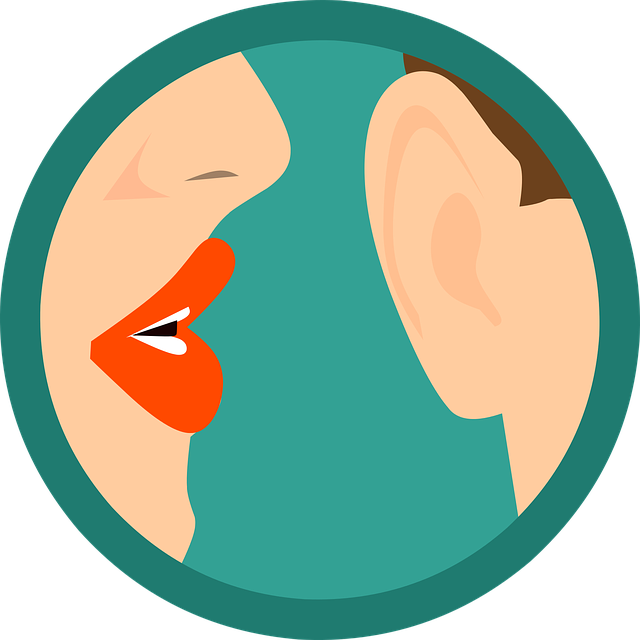
Holly here with another installment of “What are Holly & her little man reading?”
My son has been saying moon all the time now, so obviously I got him a book about the moon and he loves it. Moon (a peek a through book) by Britta Teckentrup is a book that highlights the phases of the moon and its influence of various animals. The book contains some wonderful rhymes and is most appropriate for readers between the ages of 2-6. However, my little guy enjoys it as well as long as I am the one talking through it, meaning I don’t stick to the text. I point out animals I know he likes or will make a rhyming phrase/sentence for each picture. He enjoys it a lot and if he points out anything and











